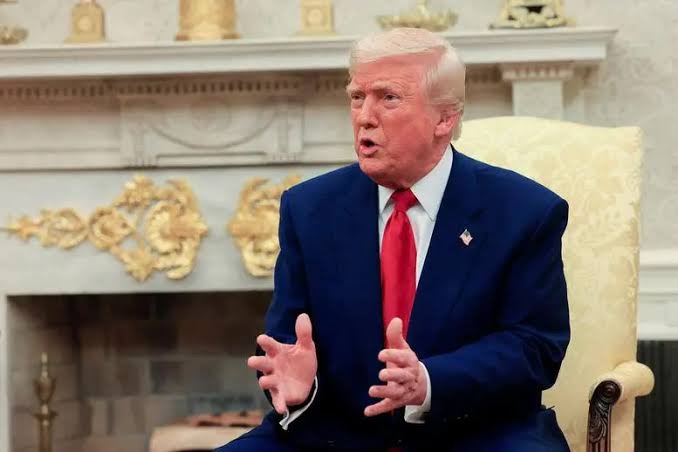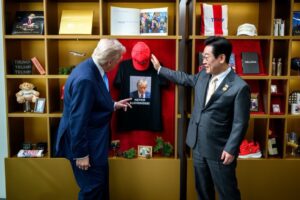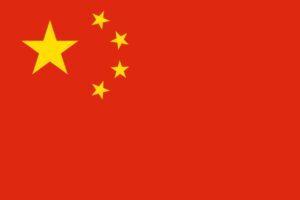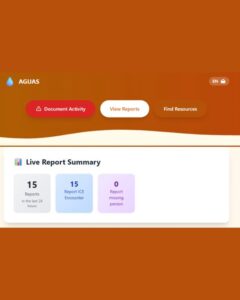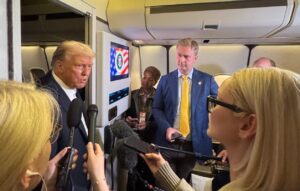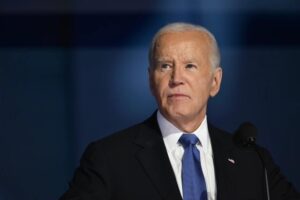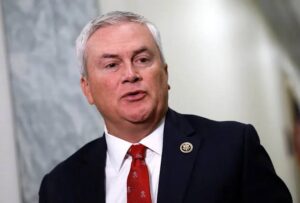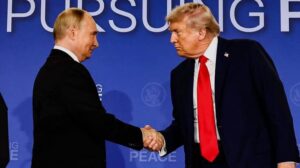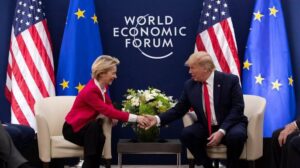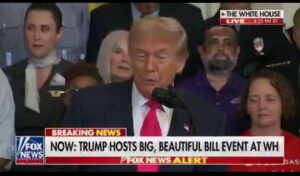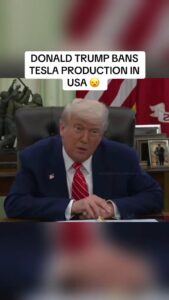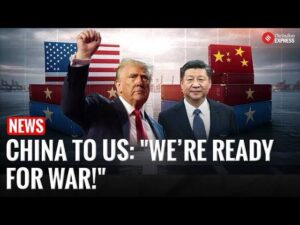Washington, D.C. — Former President Donald Trump has revealed he is considering temporary exemptions to his 25% tariffs on the auto industry, a move aimed at giving car manufacturers additional time to transition their operations to the United States.
In a statement that has drawn both interest and scrutiny from industry leaders and policymakers, Trump suggested that while his commitment to reviving American manufacturing remains firm, he is open to a short-term reprieve to avoid sudden disruptions within the global automotive market.
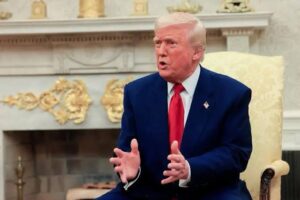
“We’re looking at temporary exemptions — very temporary,” Trump said. “This is about giving these companies a little more time to bring their production back home where it belongs.”
The proposed exemptions would apply to foreign automakers and U.S.-based companies that still rely heavily on overseas factories for vehicle production or critical components. Trump’s 25% tariff on imported vehicles and parts was initially introduced to pressure automakers to increase domestic manufacturing and reduce U.S. dependency on foreign supply chains, particularly in Asia and Europe.
Auto Industry Reacts Cautiously
While the auto industry has generally pushed back against sweeping tariffs, many companies view the potential for temporary relief as a chance to recalibrate.
“Any breathing room we can get will help as we work toward reshoring our operations,” said one executive at a major U.S. auto brand, speaking on condition of anonymity. “The investment and logistics required to move manufacturing are immense — it doesn’t happen overnight.”
Foreign automakers with significant U.S. market shares — including Toyota, BMW, and Hyundai — have been lobbying for exemptions or more flexible timelines, arguing that sudden cost increases due to tariffs could lead to higher car prices for consumers and potential job losses.
A Balancing Act
Trump’s announcement underscores the balancing act he faces in enforcing his “America First” trade agenda while avoiding economic fallout for U.S. businesses and consumers. With the 2024 election cycle still echoing in the political landscape, any move that affects the cost of goods — particularly big-ticket items like cars — is likely to have far-reaching implications.
Analysts say the consideration of exemptions could also be a strategic signal to industry leaders: commit to long-term U.S. investment, and the administration might offer short-term concessions.
What Comes Next
While no formal policy shift has been announced, Trump indicated that discussions are ongoing and any exemptions would be carefully structured with clear deadlines.
“This isn’t about backing off,” Trump emphasized. “It’s about being smart — getting the results we want without hurting the people we’re trying to help.”
As the conversation continues, automakers and supply chain stakeholders will be watching closely, hoping to navigate what could be a complex — but potentially game-changing — moment in U.S. trade and industrial policy.
